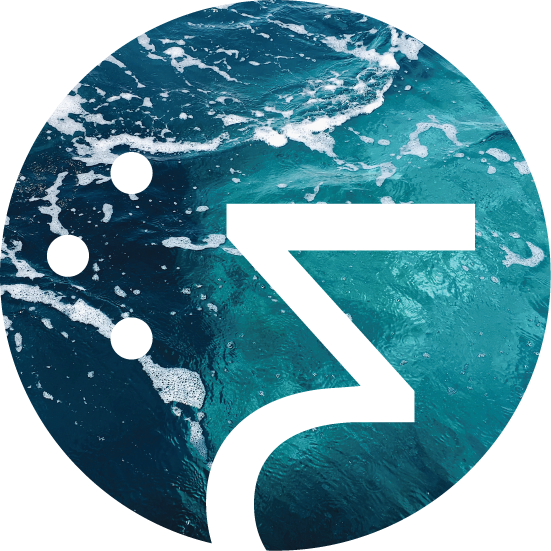Darshan grew up as a leader across a number of supply chain services and consulting organizations. He has helped global service organizations of all shapes and sizes improve their efficiency and effectiveness, and scale up their operations and customer success processes. Darshan started his career with IBM in various global leadership roles and managed service delivery in the US, Latin America, Eastern Europe and Asia. In his tenure at IBM, he built large delivery centers focused on globally integrated operations. He also built and led the Global Delivery Organization at Denali, a procurement services firm that was eventually acquired by WNS in 2017. Here he led the post-merger integration and integrated procurement services operations within the company. Post Denali-WNS, Darshan built and led customer success and professional services organizations for OpenGov and Icertis, both hyper-growth SaaS software organizations.
Why are you passionate about helping people-based businesses?
I am passionate about building sustainable people-based businesses. For any people-based business to grow and be successful in the long term, I believe they need to build a balanced three dimensional system focused on people, process and technology. I am a big proponent of building organization capability organically while building scale, and I feel a strong sense of fulfillment when an individual within the organization grows as a professional within a system I helped develop. It’s ultimately all about people and their ability to drive incremental change to build a business with long-term value.
As a services organization scales, having global delivery centers becomes more important. What should founders consider before expanding into a new region?
As founders look to develop global scale through international delivery centers, they need to transition to a “Communities of Excellence” model that is focused on efficiency, effectiveness and innovation. The intent of global delivery is to capitalize on talent globally and to scale productivity, but it’s also about adding customer value. When founders are thinking about expansion, they should ask themselves, “does my decision lower the center of gravity closer to the customer?”
From there founders need to assess:
1. Is the talent pool available?
2. Do I have a corporate culture that embraces globalization for growth, profitability, efficiency and effectiveness?
3. Am I willing to invest in the initial curing period so my organization, and ultimately my customers, will realize the benefits?
You’ve grown delivery organizations from the ground up with Denali, at a mid-sized organization with OpenGov, and in later stage companies like IBM and Icertis. What’s consistent across different size organizations, and what changes as you grow?
What makes any size delivery organization successful is the ability to meet and exceed the implied promise you’ve made to customers. Most organizations focus on written commitments, but when you change the organization’s DNA to assume the statement of work is table-stakes, and incentivize everyone in the organization to meet and exceed that customer implied promise, it drives incremental change quickly.
Simplifying goals is another key learning from my experiences building organizations. If a leadership team can agree to 3 or 4 goals for each functional organization, with one shared goal, it takes care of most of the organization tradeoffs and debates in a fast growing organization. I realized that this exercise is much harder than we think once you start implementing it though. Humans have a tendency to complicate decision making.
Later stage organizations have a much bigger internal change management issues (aka bureaucracy). It’s always important to be mindful that balancing faster decision making with quick adjustment can be more disruptive than spending time driving consensus. But getting the “goals simplification” strategy right can take care of these lifecycle challenges.







